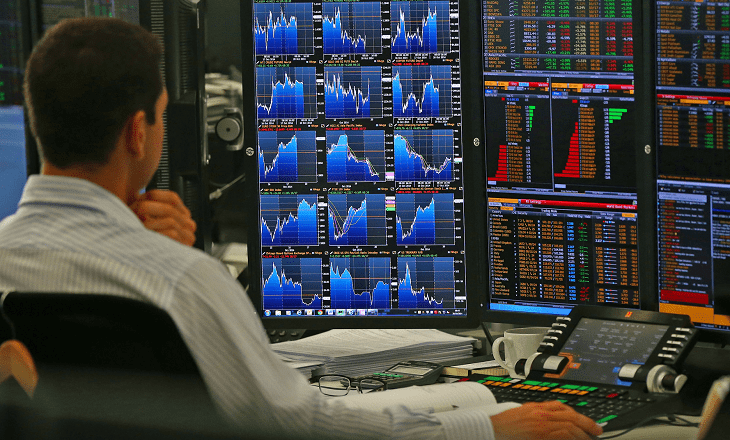In a new book by Michael Lewis, he describes how high-frequency trading algorithms have revolutionized the stock market, because they discover and exploit tiny, fleeting profit opportunities. Rather than ripping middle class investors off. However, there is no guarantee that there won’t be problems. The following article will help you understand what high-frequency trading is and why it’s a problem.
Describe High-Frequency Trading.
Humans blink once in 400 milliseconds on average. The term high frequency trading refers to an activity where opportunities are spotted and taken advantage of instantly in less than one millisecond. It is determined by trading algorithms, programs that analyze fast-moving market data in order to determine how to trade.
A high-frequency trader is looking for profit opportunities that most investors wouldn’t even consider. Neither are they betting on technology companies seeing profits grow faster than expected, for instance, nor are they betting on a recession.
They are looking for arbitrage opportunities in the smallest of details. Computers might buy stock on the New York Stock Exchange and sell it on BATS to earn a profit. It’s crucial to move as fast as possible in order to benefit from this opportunity, as it can disappear at any time.
High-Frequency Trading is on the Rise?
Most data indicate that this isn’t the case anymore. During the 2000s, high-frequency trading became popular, but now that many traders have entered the market, profits have declined, and there is less high-frequency trading than before:
Due to growing competition and reduced volatility, high-frequency trading has experienced a 20 percent drop in profits. This is primarily driven by a drop in profits and a rise in competition. Recent reports, however, indicate that high-frequency trading may no longer be restricted to the stock market but is instead spreading to other financial markets, such as bonds, currencies, and derivatives.

Are High-Frequency Trading Crashes The Result Of High-Frequency Trading?
Market swings are not caused by high-frequency trading – markets have always done so – but it has been suggested that it might make them more volatile and, in particular, make them more susceptible to abrupt halts in trading.
Humans can’t intervene with better judgment with the high-frequency trading algorithms, because they move too fast. A drop in stock prices may cause trading software to stop trading, removing liquidity from the market, or they may add to the sell-off.
How Does High-Frequency Trading Affect The Efficiency Of The Market?
Everyone doesn’t know. The world could benefit from rapid action in some ways. By reacting instantly to earnings announcements, economic data, and political events, the market will function more efficiently and capital will be deployed efficiently. Several economists have found that high-frequency trading tends to accurately predict price movements. Jonathan Brogaard, Terrence Hendershott and Ryan Riordan provided the research. In addition to reducing “bid-ask spreads,” which are the differences in prices at which buyers and sellers want to buy and sell, a large volume of trading can also speed up the clearance of orders. Increasing efficiency in the market is a good thing.
Yet, high-frequency trading might reduce rather than increase market liquidity – that is, how easy it is to buy and sell – instead of increasing it. It has been found by Nicholas Hirschey of the London School of Economics that the front-running increases the cost of financial investments. Further reducing liquidity may also result in the exodus of institutional investors.




